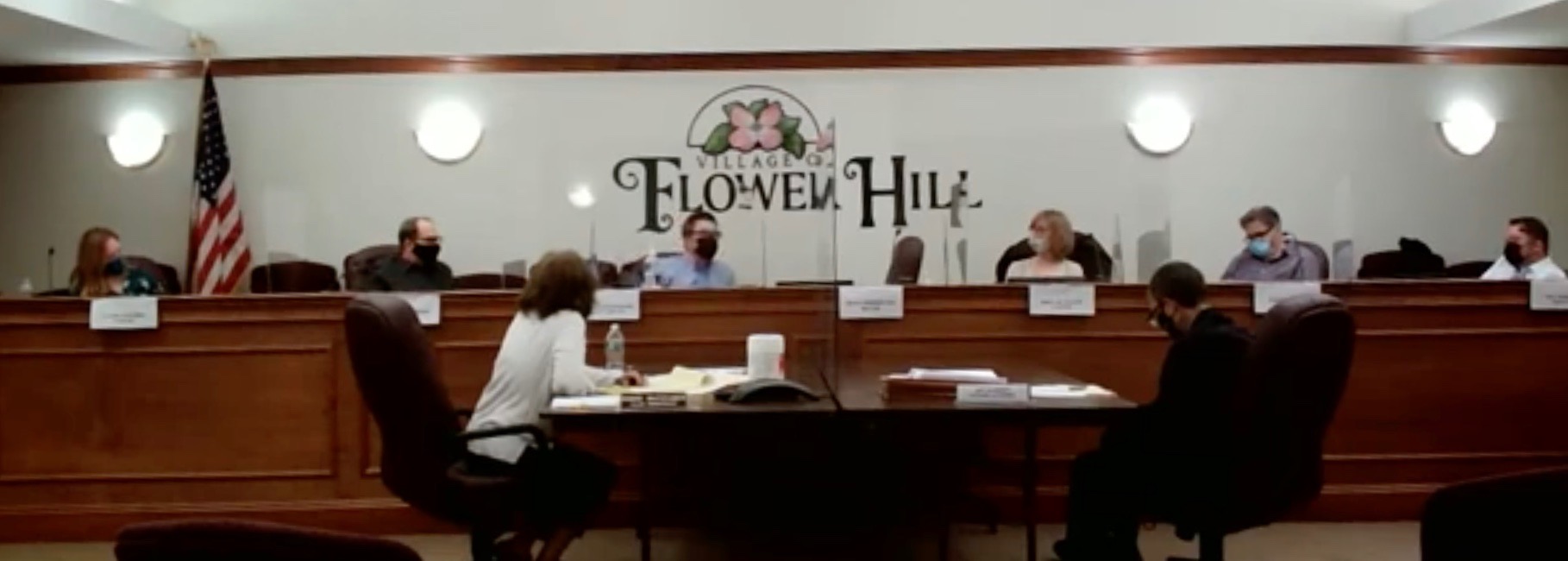Flower Hill can be added to the list of North Shore villages that will not permit the retail sale of cannabis.
The move comes after Floral Park, New Hyde Park and Williston Park all took the same steps – declining to permit licensing of retail cannabis dispensaries and consumption sites, citing a range of reasoning from concerns over quality of life to slim potential revenue.
“Overwhelmingly the feedback was that our residents were not in support of allowing retail marijuana sales or on-site consumption establishments in our village,” said Flower Hill Deputy Mayor Randall Rosenbaum.
Village trustees said they had held three public hearings and received input from residents before making the decision on Aug. 2.
“Allowing retail marijuana sales or on-site consumption establishments in our small commercial strip has no benefit for this community since it would add additional traffic on an already busy Northern Boulevard,” Rosenbaum said. “Any additional tax revenue we would see would not offset this.”
Under a new state law, consumption and smoking of cannabis is now legal throughout the state wherever smoking tobacco is legal, though the Nassau County Legislature recently banned cannabis smoking and vaping on all county-owned property. Municipalities can opt out of allowing retail sale of cannabis, but they will not get to share in any generated local tax revenue.
“Already many other nearby villages, including Williston Park, New Hyde Park, Floral Park and others have opted out and many other villages currently have opting out on their agendas,” Rosenbaum said, calling the trustees’ decision a wise choice. “If everyone else is opting out, whoever doesn’t is going to get all that traffic.”
Rosenbaum said he has yet to meet a village resident in favor of allowing retail sales or on-site consumption.
But there may be reason to do so. Nikki Kateman, the political and communications director for Local 338 of the Retail, Wholesale and Department Store Union, representing workers in the cannabis industry, said just because a municipality opts out doesn’t mean residents won’t purchase marijuana somewhere else.
“People are going to be purchasing cannabis products, but they’re going to be doing that in other jurisdictions who will be then collecting that tax revenue,” Kateman said. “Opt-out means in a lot of ways opting out of revenue.”
And in the face of what Kateman said is the start of what could be a trend of localities electing to not permit retail cannabis sales, she directed attention to another argument.
“We’re also not talking about the added income economic impact of people who have good quality union jobs and what those wages allow them to do,” Kateman said. “That includes shopping locally, living locally, going to restaurants locally. There’s more to this than just: oh, this is a [4] % tax revenue.”
The opt-out may not be permanent, however. Residents can petition the outcome of the recent vote, which if successful triggers a process that places the law on the ballot at the next state or local election.



